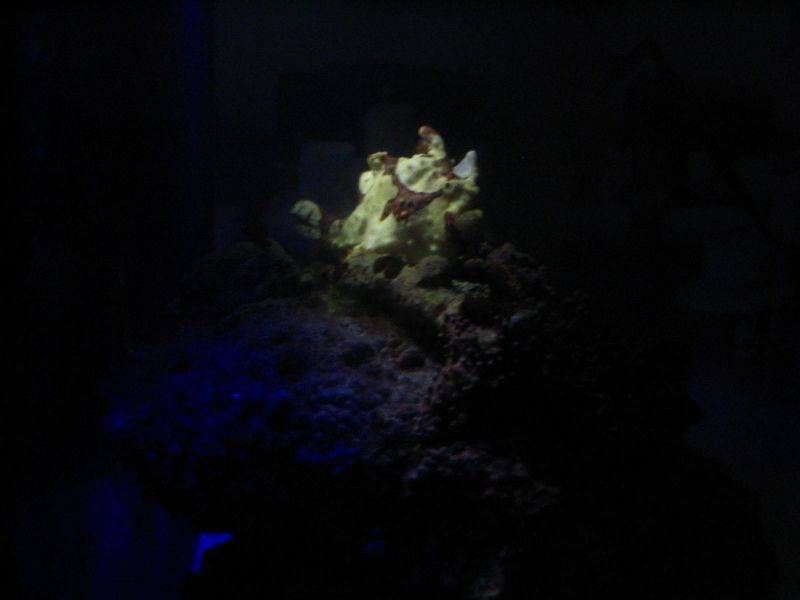What To Do With Fish While On Vacation – Reader support. If you purchase something through a link on this page, I may earn a small commission. Learn more
Are you going on vacation? You still need to take care of your betta fish. It’s your responsibility and you don’t want to neglect your friend? First, care instructions depend on how long you’ll be away and how big your tank is. Other components, including tank filtration and heating, are also important for proper care while away. Strictly speaking, if you’re going on vacation for more than a week, you’ll need a betta sitter or you’ll need to bring them with you. Let’s break down all these components below.
What To Do With Fish While On Vacation

As explained in the Food and Nutrition Guide, healthy adult betta fish can go without food for up to 2 weeks. However, this is not recommended because after approx. After 5-6 days, a betta fish will begin to use up its reserves and may go into starvation mode. Starvation increases stress levels and can lead to organ failure and disease contraction. If you are going on vacation for 2-4 days, it is better to fast fish during that period. Some owners don’t feed the fish for 2 weeks or more, but I don’t recommend it. All bettas are different in age, health, metabolism and environment, so not all fish will do equally well without supervision. Maximum time without food should be 4-7 days. Fasting should not become a regular habit or routine.
The Mahi Mahi We Caught While On Vacation In Costa Rica! Fishing
If this is an option, find a close friend or family member to watch your betta while you are away. You may need to give careful instructions about feeding amounts, but it may be worth it for your peace of mind. Use a weekly pill box for your caregiver and add food pellets each marked day of the week (4-6 pills per day) to make it less confusing. If a caregiver is not an option, offer regular feedings before you leave and upon your return. Never add extra food before departure, as this will only lead to water contamination or overeating. In many cases, the excess food is not eaten and when it falls to the bottom, it does more harm than your original good intentions.
Some products are available online and in pet stores, such as Top Fin’s 7-Day Betta Block Feeders. These are not recommended because they don’t have enough nutrients for your betta and can cause a terrible mess. When you’re on vacation, you want to keep your tank water quality pristine, and doing so can cloud it and create unnecessary waste. Although they were created to solve a real problem among betta owners, they fall short in my book.
A recommended item for vacations of 1 week or more is an automatic feeder. However, they are only recommended if you get a high quality one; You can’t be cheap here because you get what you pay for. Cheap automatic feeders have killed many betta fish since their inception. They are both inaccurate and unreliable – either no food at all or pour out the entire amount at once. This can lead to death from overeating or water pollution and disease while you are away. If you buy one of these, make sure it’s well-reviewed, like the Fish Mate F14, and set it up a few days before to see how it performs. This product has a built-in timer, allows you to portion your food and serves up to 14 individual meals. This is a good option if you plan to be away for more than a week.
To keep your betta fish healthy, maintaining a constant tropical water temperature is essential. Caring for your betta while on vacation is no different—whether you’re home from college or relaxing somewhere on the beach! If you can’t find a betta sitter, here are some best practices to follow. Betta fish should have water temperatures within 76-81 degrees Fahrenheit and should not experience sudden temperature changes. Water that is too cold or too hot can cause stress or even death.
Southeast Georgia Fishing Report: Aug. 8, 2014
If you already have a heater, it won’t turn off when you reach the desired temperature. Some heaters only increase the water temperature by 5-10 degrees regardless of the current water temperature. If this is the case, you may need to keep the air conditioner on to regulate the ambient temperature while you are away. Otherwise, you may kill your fish! If the opposite is true and you are concerned that the water is too cold, you may need to move the tank to a warmer area of your home or wrap the tank in a towel to trap the heat. If you don’t have High quality heater, 100% recommended for proper betta care. The Hydor 25W electric cartridge is a good choice for 2-7 liter tanks, and switches off when it reaches a certain temperature.
An interesting fact is that if you are hungry, the temperature of the water can also work to your advantage with food. Betta fish appear lethargic due to low water temperatures. This lowers activity level and metabolism, and they don’t burn food or stored fat as quickly. You can adjust the heater or ambient air temperature to maintain a constant 71-73 degrees Fahrenheit to reduce calorie consumption.
Going on vacation for more than 4 days will require a 50-100% water change between the day you leave and when you return, depending on the size of the tank. Anything 2 liters or less requires an 80% water change on the day you travel and immediately upon return. One gallon tanks require almost daily water changes. When your betta breathes, they naturally decompose food and waste and remove ammonia from the water that creates toxins. It can be harmful to your fish in large quantities.

The bigger the tank, the longer you will be safe without care. If your tank is very small, for example one litre, you should move it to a temporary tank if possible (5-10 litres). You can also consider a temporary home such as a large plastic container of 3-4 liters size. If you go this route, make sure you have a cover with lots of holes (these are hoppers) and allow the fish room to guzzle oxygen at the surface of the water. If that’s not possible, make sure the pet sitter changes the water while you’re on vacation. Never assume what other custodians know, such as adding water conditioners to treat and remove chlorine from tap water. It is important to leave detailed notes and instructions.
Best Fishing In Clearwater, Fl
Filters also help with water quality, but they should not be relied upon for more than 5-6 days in small tanks. If your tank is less than 5 gallons, filtered or not, and you’re going on vacation for more than 7 days, you’ll need a pet sitter to change 50% of the water. Tanks of 5-10 liters or more with a filter are very easy to set up a proper cycle and last longer than a week. You can get away with changing 50% of the water before you leave, and the filter will keep the water quality in check while you’re gone.
Betta fish should experience normal day and night cycles just like humans. Bettas are active and play during the day and sleep at night. If you’ve ever woken up in the middle of the night, I’m sure you’ve noticed your betta sleeping on his or her side. When you are away, avoid placing the tank in direct sunlight or in a completely dark room. However, you can place them in a room with indirect sunlight where the sun will eventually set.
Most tanks have a canopy light over the water, don’t leave it on while on vacation. If you want to use a canopy light as a light source instead of natural lighting, you can too. However, you will need to purchase a timer (like the one used for holiday lights) to control when the lights turn on and off. This will regulate the day and night cycles your betta experiences in their tank. They make specific timers for aquariums, but any timer will do because they are no different and can cost more.
If you follow the betta care guidelines above, you should have nothing to worry about and you will bring home a happy and healthy betta fish! It’s all about preparation and making sure everything is just right before you go. Make sure all tank components are in good condition and make sure your betta house has a lid. Bettas are jumpers and jump out of the tank. If you decide

